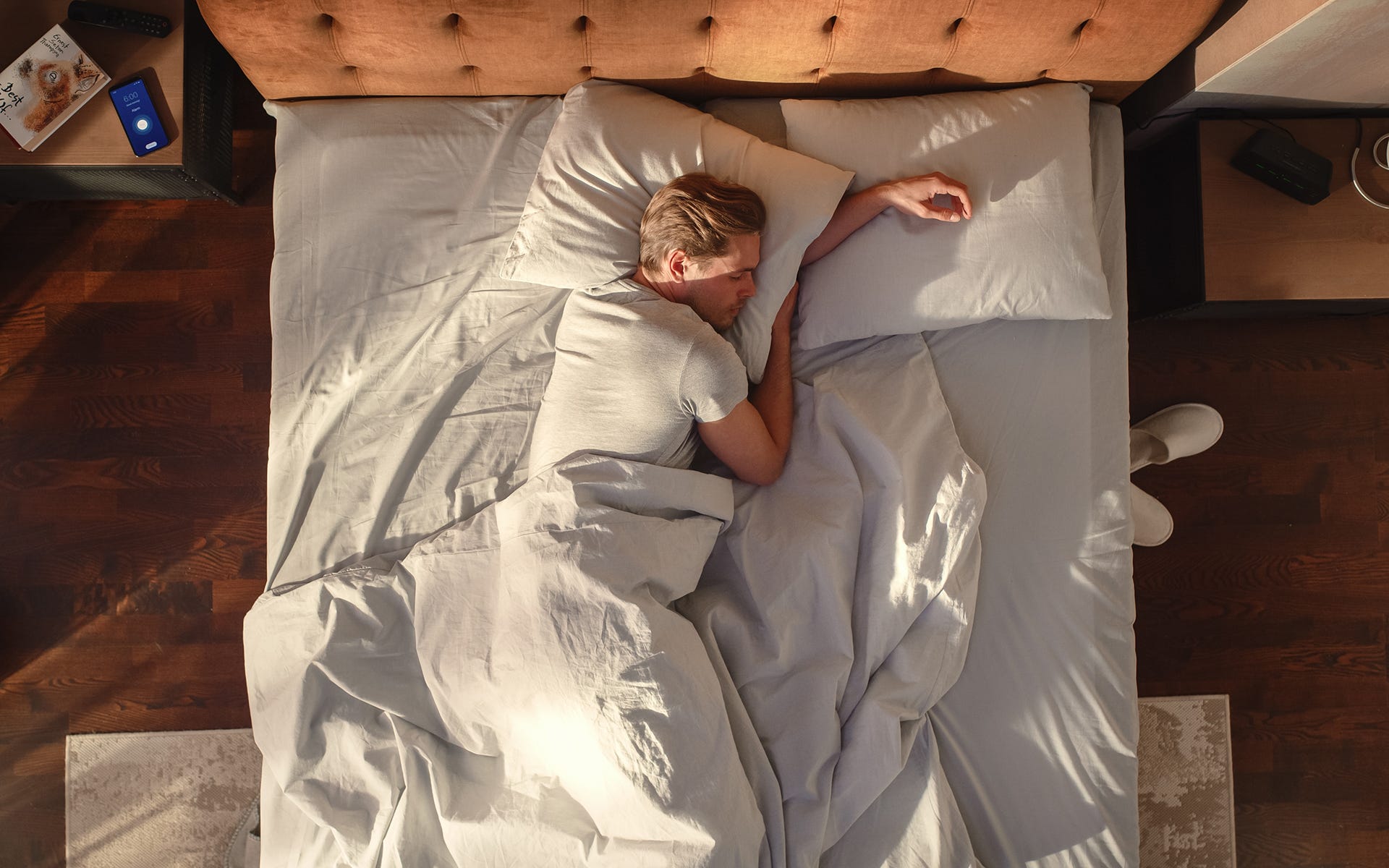
When it comes to our immune system there are many rumours and speculations. We are here to separate the fact from the fiction. It’s immune myth-busting time.
Myth: Stress doesn’t impact the immune system
Stress absolutely impacts our immunity. Psychological stress has been empirically linked to dysregulation of the immune system, and emerging research about this link is occurring daily.1
During acute stress that lasts minutes, specific cells are activated - switching on our “fight or flight” response. Both acute and chronic stress increase our overall inflammation.
When we’re stressed, our adrenal glands produce cortisol, our stress hormone. When excess cortisol is released, it increases inflammation and further compromises the immune system.1
Fact: What you eat affects your immune system
This one’s correct. Several factors influence our immune system, and our nutrient intake (or lack thereof), is one of them. While poor nutrition can compromise immune function, consuming vitamins and minerals can build up our immune system. Various micronutrients are needed for a thriving immune system, including Vitamin A, C, D, E, B2, B6, and B12, folic acid, iron, selenium, and zinc.2 These nutrients are required for several immune-building processes in the body. If you struggle to get all your vitamins into a day, you may consider supplementing with a multivitamin for additional nutritional support.
Myth: Sleep doesn’t impact the immune system
Think of your body as one big rhythmic gymnastics performance. Our bodies work in rhythm. Our body wakes us up in the morning, makes us hungry at certain times and tired at others. The sleep cycle works in a rhythm, too. Our sleep cycle, known as our circadian rhythm, regulates our body function and behaviour.3When we’re asleep, the body produces certain cells and performs tasks.3These tasks, (you guessed it) include looking after our immune system. Sleep and the circadian rhythm exert a strong influence on our immune system. When we’re not sleeping properly, our body is unable to produce immune-fighting cells and processes, leaving us susceptible to disease.3
Myth: You don’t need to take supplements all the time, take all the supplements when you’re sick
While you don’t need to take every single supplement every day, ensure you’re consuming the nutrients you need to function at your best every single day through diet. While it is beneficial to take immune-supporting supplements when you’re sick, prevention is always better than cure. Consider your nutrient intake when choosing products that are right for you.
Fact: Sunshine is essential for your immune system
There’s nothing better than getting out into the sun, not just because you want to become a bronzed god/goddess, but because it supports your Vitamin D levels. Vitamin D helps express immune cells and can modulate the innate and adaptive immune responses.4. If you’re unable to get out into the sun or, have inadequate Vitamin D levels, consider a Vitamin D supplement.
Fact: Keeping active enhances your immune system
Movement is excellent for a myriad of things, including improving our mood, regulating weight and strengthening our immune function. Exercise can improve our defence activity and improve our metabolic health.5 Exercise has an anti-inflammatory effect on the body, helping to reduce inflammation. Habitual exercise can even regulate our immune system.
Remember: like everything in life, moderation is key. Overexercising and exercising when you’re sick can weaken your immune system and leave you worse for wear. Performing moderate exercise a few days a week and moving your body every day is the perfect way to help your immune system without tiring it out.
Myth: Antibiotics are the cure-all for disease
While antibiotics can be great for killing off bad bacteria, too much of a good thing is never a good thing! Antibiotics kill off harmful bacteria in the body, but they also kill off beneficial bacteria. They truly bug the immune system! Antibiotic treatment impairs immune function and can inhibit respiratory activity in immune cells.6 The immunomodulation antibiotics perform may not be such a good thing after all. A probiotic is a great way to nourish beneficial bacteria in the gut and support immune function.
References:
- Morey JN, Boggero IA, Scott AB, Segerstrom SC. Current Directions in Stress and Human Immune Function. Curr Opin Psychol. 2015;5:13-17. doi:10.1016/j.copsyc.2015.03.007
- Maggini S, Pierre A, Calder PC. Immune Function and Micronutrient Requirements Change over the Life Course. Nutrients. 2018;10(10):1531. Published 2018 Oct 17. doi:10.3390/nu10101531
- Besedovsky L, Lange T, Born J. Sleep and immune function. Pflugers Arch. 2012;463(1):121-137. doi:10.1007/s00424-011-1044-0
- Aranow C. Vitamin D and the immune system. J Investig Med. 2011;59(6):881-886. doi:10.2310/JIM.0b013e31821b8755
- David C. Nieman, Laurel M. Wentz, The compelling link between physical activity and the body's defense system, Journal of Sport and Health Science, Volume 8, Issue 3, 2019, Pages 201-217, ISSN 2095-2546, https://doi.org/10.1016/j.jshs.2018.09.009. (https://www.sciencedirect.com/science/article/pii/S2095254618301005)
- Jason H. Yang, Prerna Bhargava, Douglas McCloskey, Ning Mao, Bernhard O. Palsson, James J. Collins, Antibiotic-Induced Changes to the Host Metabolic Environment Inhibit Drug Efficacy and Alter Immune Function, Published: November 30, 2017, DOI:https://doi.org/10.1016/j.chom.2017.10.020
